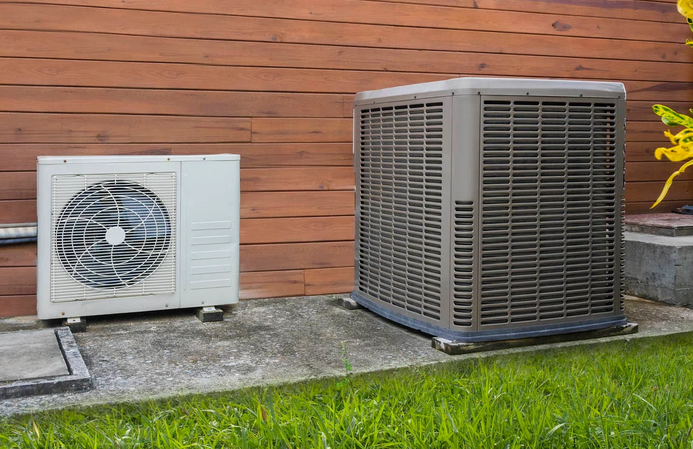Heat Pump are versatile and effective solutions employed for cooling and heating commercial and residential places. They work by relocating heat from a single spot to yet another, as opposed to generating warmth straight like conventional furnaces or boilers. Here’s a breakdown of your basics you should know about heating pumps:
1. How Warmth Pumps Work: Heat pumps employ refrigerant to exchange heat between outdoor and indoor surroundings. In warming mode, the pump motor ingredients warmth from the outdoor oxygen (in cool temperatures) and exchanges it in the house. In air conditioning function, the process is reversed, with warmth from inside your home simply being expelled outside.
2. Kinds of Heating Pumps: There are several forms of heat pumps offered, which includes air-provider, terrain-resource (geothermal), and water-resource warmth pumps. Oxygen-source heating pumps are the most typical, utilizing the exterior air since the heat source. Floor-source temperature pumps get temperature from the floor, while water-supply heat pumping systems extract heat from your water source such as a lake or pond.
3. Effectiveness and Environmental Impact: Heating pumps provide substantial performance and enviromentally friendly friendliness. They could give heating and air conditioning making use of considerably less power when compared with traditional cooling and heating systems, which can lead to decrease utility bills and decreased carbon pollutants.
4. Installing Concerns: Proper installment is essential for the productive operations of your Heat Pump (tepelne cerpadlo). Elements for example sizing, location, and heat retaining material degrees need to be meticulously shown to guarantee best efficiency. Professional installing by competent specialists is recommended to be sure the program features properly.
5. Advantages and drawbacks: Temperature pumps offer several benefits, which include energy productivity, year-spherical convenience, and adaptability. Nonetheless, they may not be appropriate for every weather or property. In cold locations, air-source temperature pumps may go through lessened efficiency throughout extremely reduced conditions. Additionally, original set up costs can be increased when compared with traditional methods, despite the fact that long term price savings on electricity bills can counteract this costs.
To sum up, heating pumping systems are progressive cooling and heating systems that provide efficient and eco-friendly remedies for residential and commercial spots. Understanding how they work, the various types accessible, and their advantages and disadvantages may help folks make informed selections when considering Heat Pump installation.




